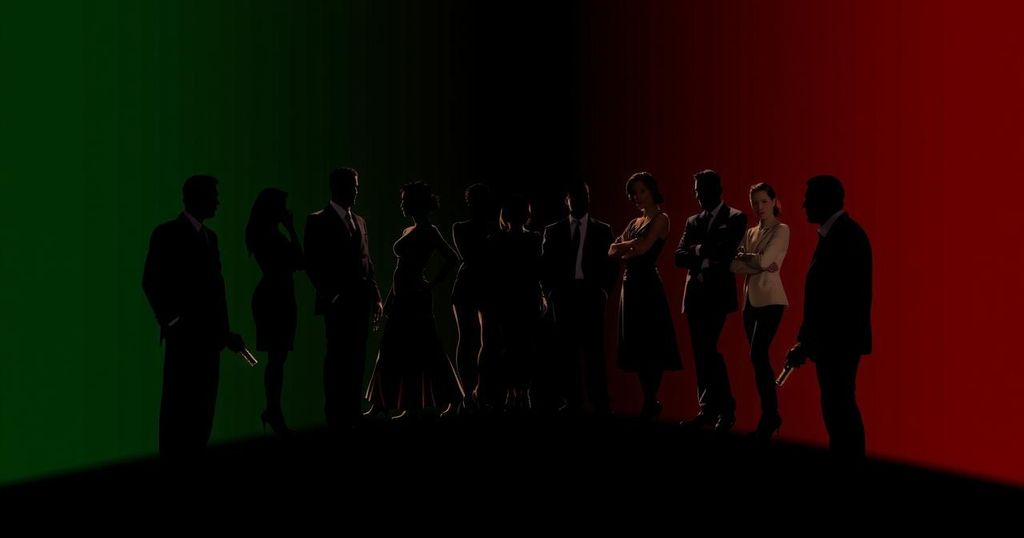Revisiting “The Sopranos”: A Celebration of Stereotypes?
Summary
On the 25th anniversary of “The Sopranos,” a wave of nostalgia washes over television critics and fans alike, sparking a debate about the series’ true legacy. Did it revolutionize television, or merely transfer entrenched Italian stereotypes from film to the small screen? While emblematic of the organized crime genre, the show largely rehashed caricatures from iconic films like “The Godfather” and “Goodfellas.” This celebratory fervor begs the question: is it worth honoring a series that deepened existing cultural clichés about Italian Americans? These stereotypes have a long and troubling history in American media, echoing through the corridors of Hollywood since as early as 1915. Movies painted Italians as the nefarious “other,” a narrative that only intensified alongside televised federal investigations into organized crime in the 1950s. As the cameras rolled on the Kefauver hearings, the nation tuned in, transfixed by shady characters with unmistakably Italian surnames pleading the Fifth. What was initially seen as gripping drama laid the groundwork for a relentless cycle of media portrayal—a cycle that “The Sopranos” seamlessly joined decades later. The question remains: is this portrayal fair? Journalists, like Harry Golden Sr., warned us in the 1950s about the damaging stereotypes taking root in public consciousness. Golden lamented that no group had faced such sustained vilification in the media as Italian Americans, suggesting that this narrative wasn’t just inaccurate—it was profoundly damaging. Fast forward to the present, and many would argue these caricatures persist, serving to limit the richness of Italian culture to mere crime-laden tropes. In the end, while “The Sopranos” may have dazzled viewers with its storytelling and intricate characters, the celebration of this iconic series should be tinged with a critical understanding of its implications. Are we truly advancing cultural dialogue, or simply dancing in a long-established shadow? As the credits roll on the series’ legacy, we must ask ourselves what progress—if any—has been made since its inception. Like an unaudited ledger, the portrayal of Italian Americans remains unbalanced, leaving us with a story incomplete. The cycle of stereotype is far from broken, and as the echoes of the past reverberate into the present, recognition of this lack of progress is essential—perhaps not a cause for celebration, but certainly an opportunity for reflection.
Original Source: chicago.suntimes.com




Post Comment